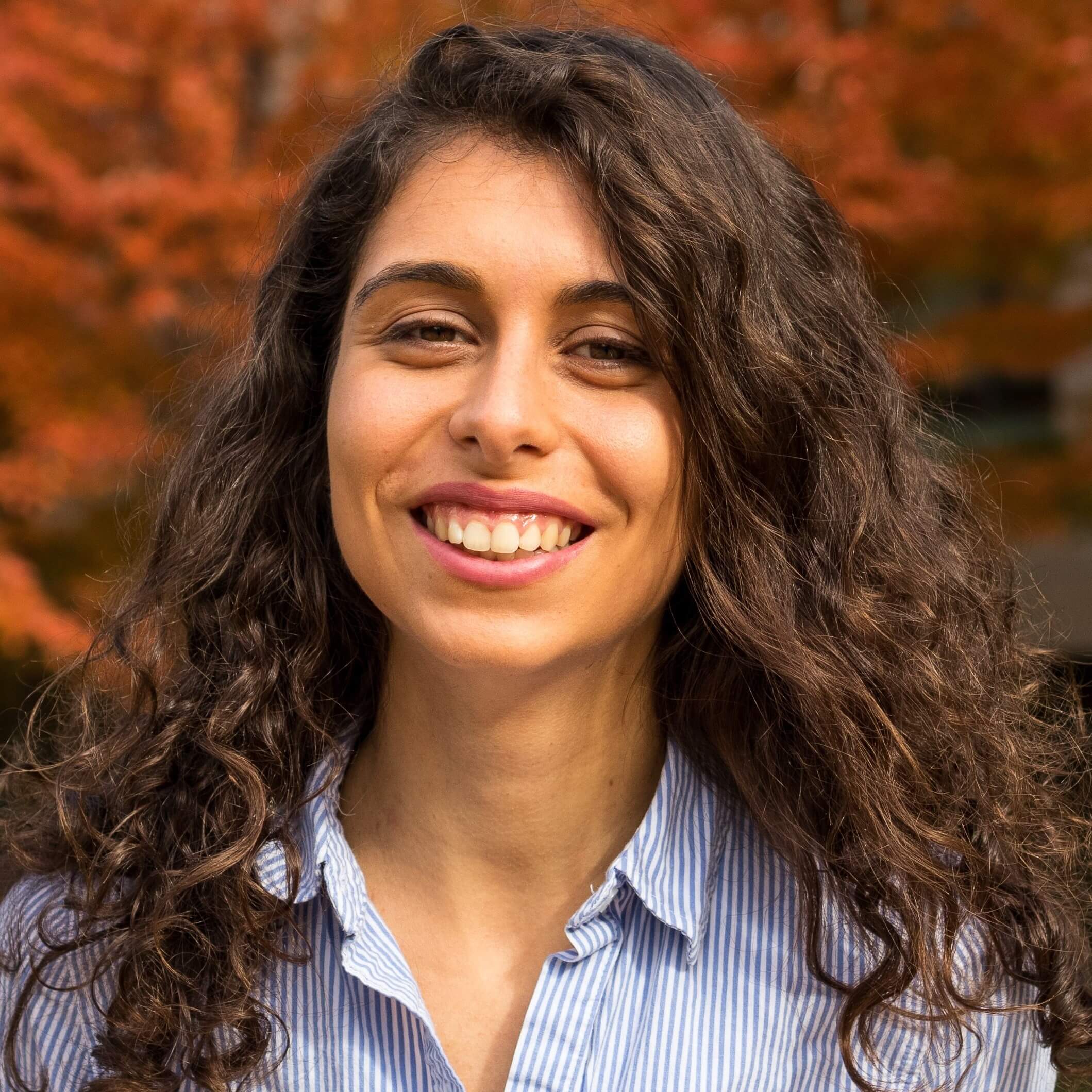The scoping workstream will map existing major programmes to identify components most vulnerable to disruption and opportunities to learn and innovate from them.
Under this workstream, we have mapped how different US states experiment around uncertain technological trajectories. We have also mapped how major venture financing and research and development (R&D) programmes handle political turmoil, such as the Arab Spring in Egypt and Tunisia and the 2014 military coup in Thailand.
We are currently mapping the Chinese drone Industry to identify where and how the county has become a global leader in the cutting-edge technologies that underpin this industry.








